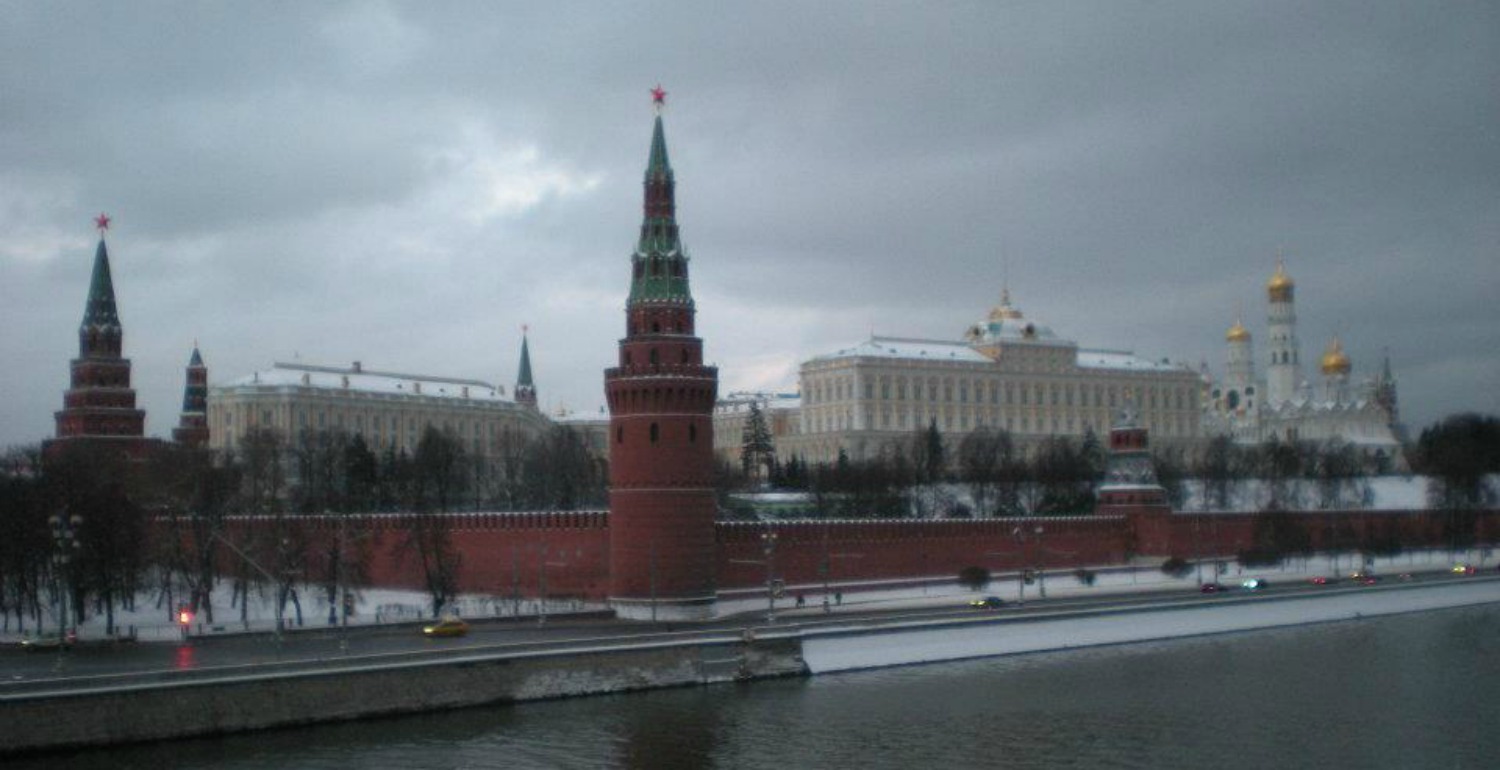This briefing addressed Congressional concerns about a draft law regarding religion that was making its way through the Duma. Given that this draft was vetoed by President Yeltsin, the Commission took special care to highlight this act standing for religious freedom and the efforts that were made to respect and adhere to the Russia’s international commitments.
Larry Uzzell of the Keston Institute provided an analysis of the events surround President Yeltsin’s recent veto of the proposed law on religious organizations in Russia. The roles of domestic and international influences in this resulting veto were each evaluated. Trends of religious freedom in Russia were also examined in the context of how much progress the defeat of this law would actually make.







